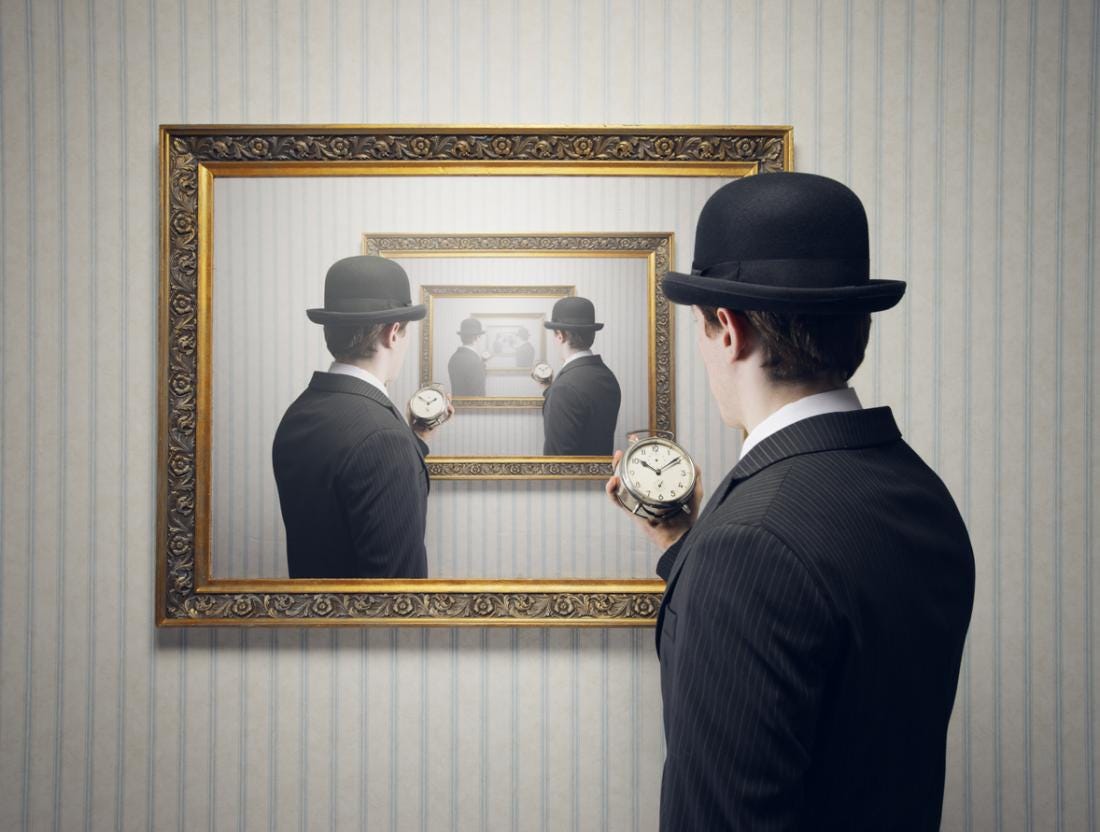Have you ever had the weird feeling that you’ve experienced a moment before? This phenomenon, called déjà vu, has intrigued scientists and philosophers for centuries. Even though it may seem like a glitch in the matrix, there’s actually a neurological explanation for it.
Déjà vu occurs when your brain mistakenly interprets a new situation as something it has already experienced. The leading theory suggests that this happens when there’s a split-second delay between two brain regions processing the same sensory information. One part of your brain recognizes the moment as new, while another, slightly delayed region, registers it as familiar. This overlap in reception creates the strange feeling of reliving the moment.
Neuroscientists are still investigating which specific parts of the brain are responsible for déjà vu, but research points to the hippocampus and temporal lobe, which are regions responsible for memory formation and recognition. Some studies even suggest that déjà vu could be related to memory retrieval processes, where the brain tries to recall past experiences but doesn’t fully succeed.
So, the next time you get that uncanny feeling like you’re stuck in a time loop, enjoy the moment—your brain is doing something really cool.
References
O'Connor, A. (2017). Déjà Vu: Memory Disturbance or a Sign of Cognitive Health?
University of St. Andrews Study.
Written by Annie Zhou from MEDILOQUY




